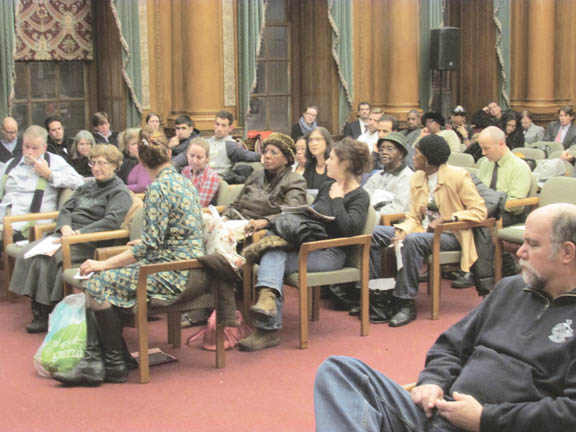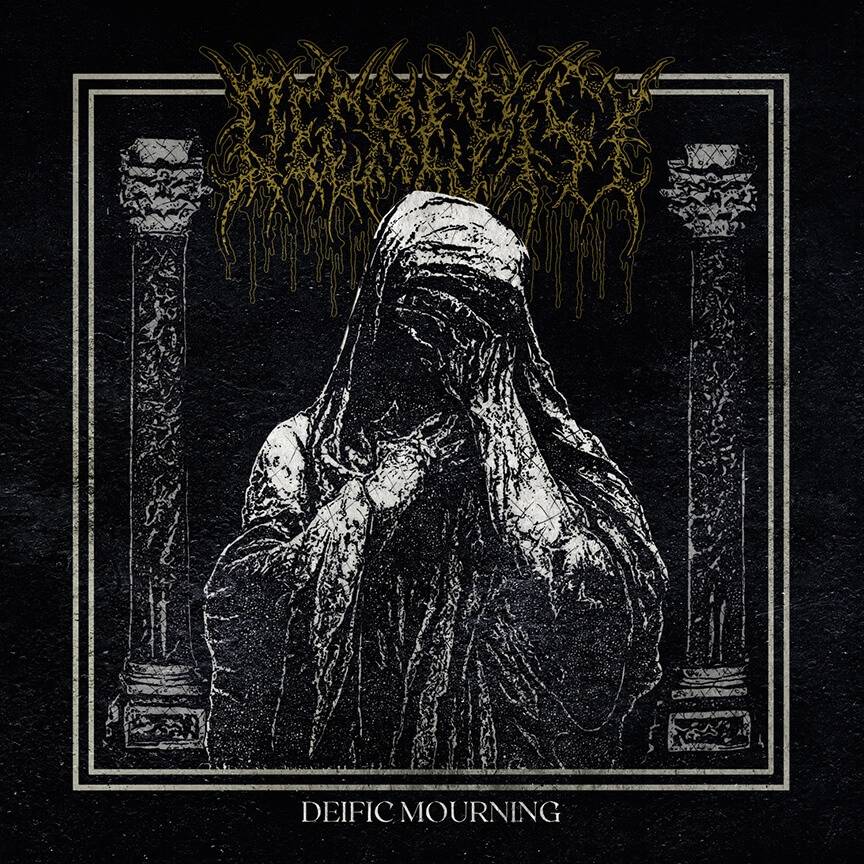At its December General Board meeting, Community Board 6 (CB 6) did something unusual. They voted against the recommendation of one of its committees.

Last month at a Miccio Center hearing, the Land Use Committee heard an application from the BASIS Independent School for permission to construct a school in a district zoned for manufacturing. The lot, on Columbia and Bay Street, lies between the Red Hook Houses and IKEA. It was previously used as a parking lot for buses, but posted signs indicate the space is for rent, offering accommodations to build.
At the November 14th meeting, the CB 6 committee was concerned that the school would be a charter school, and not consider scholarships for local children. After receiving assurances from the school’s representatives, the application was approved by a 10 to 1 vote.
Following the meeting, media reports revealed that the Red Hook community was not made aware of these plans. BASIS was required to post notices of the meeting in a 500 foot radius around the proposed school, which they said they had. However, there is little housing within this radius, as the area is in a manufacturing zone. It became evident that BASIS, while not trying to break any laws, had done everything it could to quietly slip into the neighborhood without much notice.
BASIS had been conducting environmental studies on the land last summer, and has already set up an office at 20 Jay Street in Downtown Brooklyn, where they pitch the school to prospective parents. Legally, the only thing holding up construction is permission from the Board of Standards and Appeals. They were hoping to go before the board with the blessing of the CB6. They already have made plans to begin operating next September with 1,000 students paying $23,500 tuition each.
Visitors are allowed to view the meeting, but only CB 6 members may speak. It is not clear that BASIS had a representative in attendance at the board meeting.
The day before the meeting, a local petition drive was started by Corbin Laedlin, an employee at the nearby Added Value farm. The petition received more than 100 online signatures before being emailed to CB 6 District Manager, Craig Hammerman.
The petition asked that the decision be postponed until the community had a chance to hear from BASIS themselves. As it turned out, the petitioners got a better outcome than that.
The Star-Revue ran an editorial last month recommending residents express their concerns to Hammerman. In a conversation two days before the meeting, at the Bridging Gowanus event, Hammerman was unaware of any opposition to the school.
Dan Wiley from Congresswoman Nydia Velazquez’s office said that there was little that could be done, as the school was acting as a private business and not asking for any government assistance.
Lillie Marshall, President of the Red Hook West Tenant Association, was outraged that nobody from the school had reached out to her.
The board meeting began quietly enough, with customary appearances. After a couple of short speeches by Dan Wiley and Comptroller John Liu, Joan Millman, representatives from our other elected officials, and an announcement by CB 6 Chair Daniel Kummer of the resignation of Greg O’Connell from the board, the next item on the agenda was the BASIS application.
Peter Fleming, head of the Land Use committee, put up a chart showing the lots around the school proposal and their zoning status, and summarized the November meeting where BASIS was approved.
Once the floor was opened up to questions, the fireworks began. Hand after hand shot up to ask questions and voice opinions. The opinions ranged from questions about the kind of education that was to be offered, lack of communication with the Red Hook community, transportation issues, and the loss of an industrial site with its associated jobs.
In the end, the most coherent argument swaying board members was that the BASIS administration seemed uninterested in communicating with their neighbors right from the start.
Earlier this year, the Royal Palm Shuffleboard Club, requesting approval for a liquor license, was shot down. This was largely due to a lack of communication between the Royal Palm people and the nearby residents. Palm then went back to their neighbors and began a communication which resulted in compromises and eventual approval of the liquor license. It seemed that BASIS was interested only in following the letter of the law, but the community board takes an interest in the spirit of the law as well as the wishes of the community.
Towards the end of the questioning, Elizabeth Shipley seemed to clinch the argument against approving the school’s proposal, saying that this was either “a blatant attempt to fly under the radar, or they are simply incredibly naive thinking that they had no need to involve the community in order to get support.”
An oral vote of nearly unanimous nays was followed by much applause. Craig Hammerman commented afterwards, “The community board is at its best when caring, articulate and involved people have an open and honest dialogue about what’s in the community’s best interest. Tonight we all got to witness that firsthand.”









